On May 25, 1977, George Lucas unleashed Star Wars: A New Hope into the cinematic consciousness. A movie that cost $11 million to make generated nearly $800 million in worldwide box office receipts. Even at the time, it would have been hard to predict the scope of Star Wars in popular culture forty years later. In October 2012, Disney bought Lucasfilm – and the rights to all things Star Wars – for $4 billion.
Not even Peter Minuit got as good of a deal for his 60 guilders when he acquired Manhattan.
It may not be an understatement to claim that the Star Wars property is collectively the most valuable intellectual property asset in modern history. I am not the first to assert this. Consider the ever-expanding scope of characters, stories, movies, books, toys, multimedia, and all the related technology that can be associated with Star Wars. With Star Wars Episode VIII: The Last Jedi opening on December 15, 2017, a deeper dive into the scope of Star Wars and its intellectual property universe seems timely and appropriate.
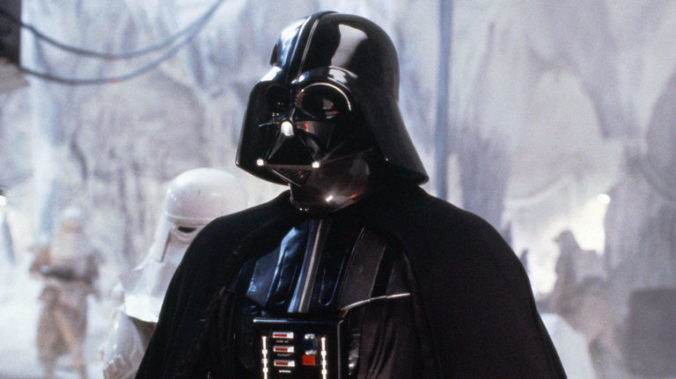

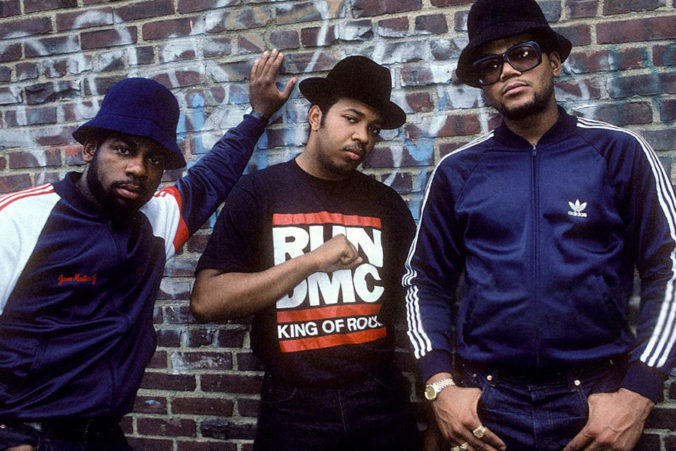
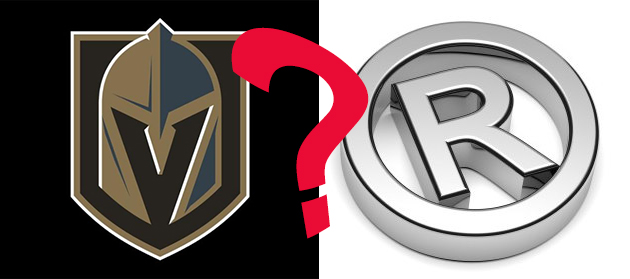
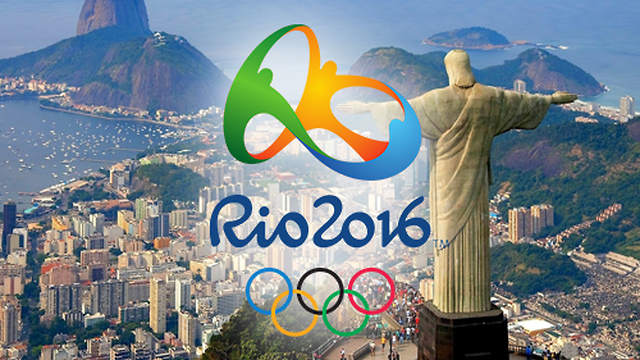
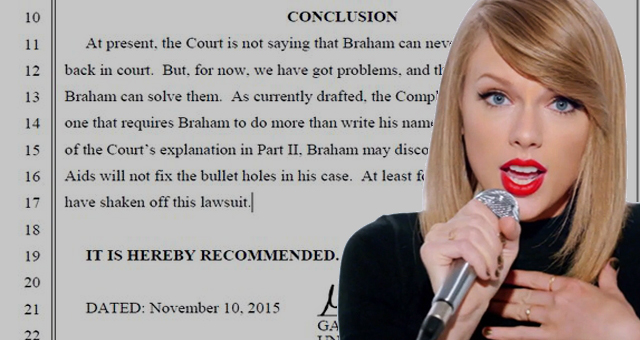
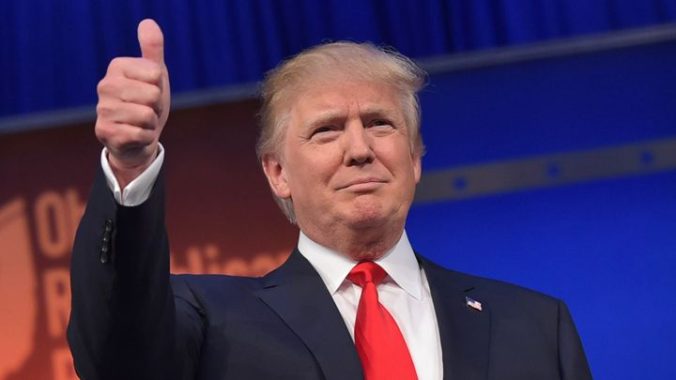
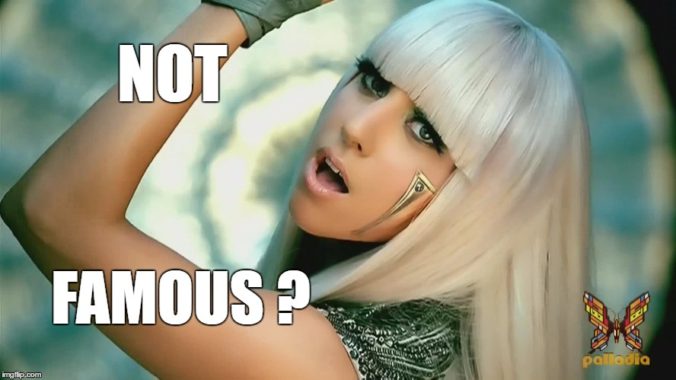

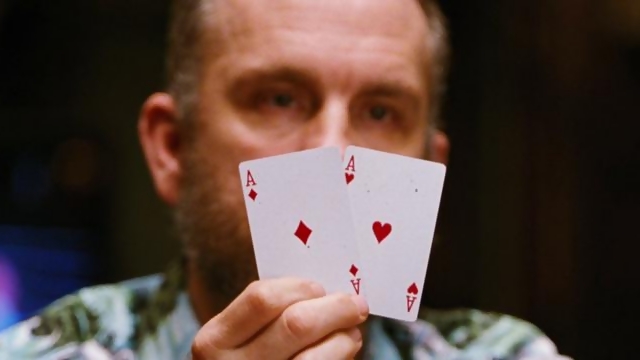
Recent Comments